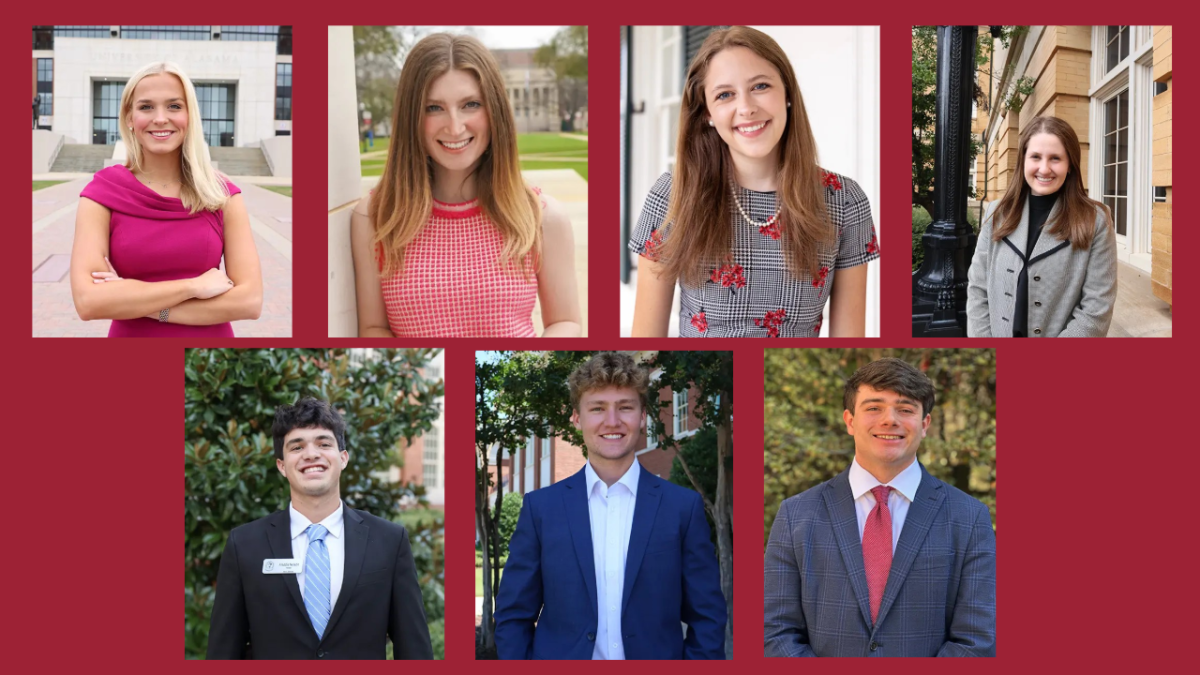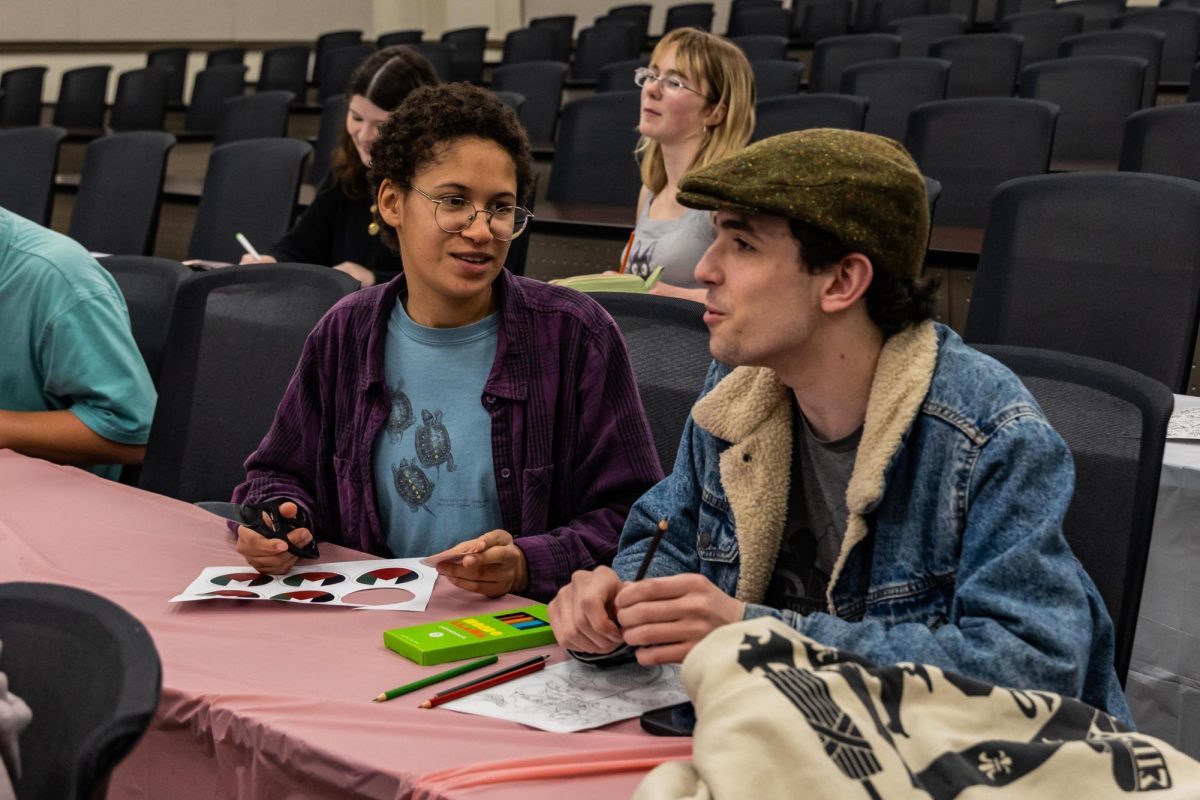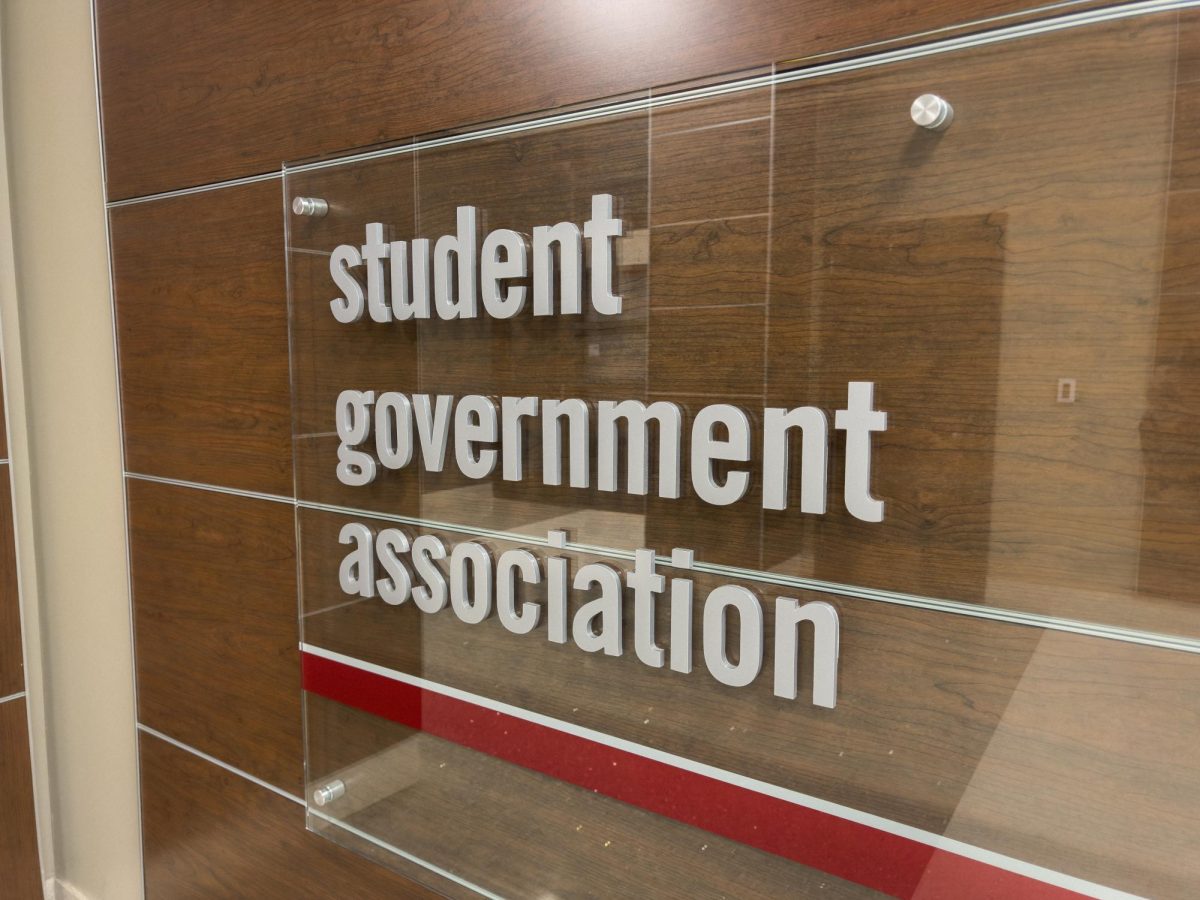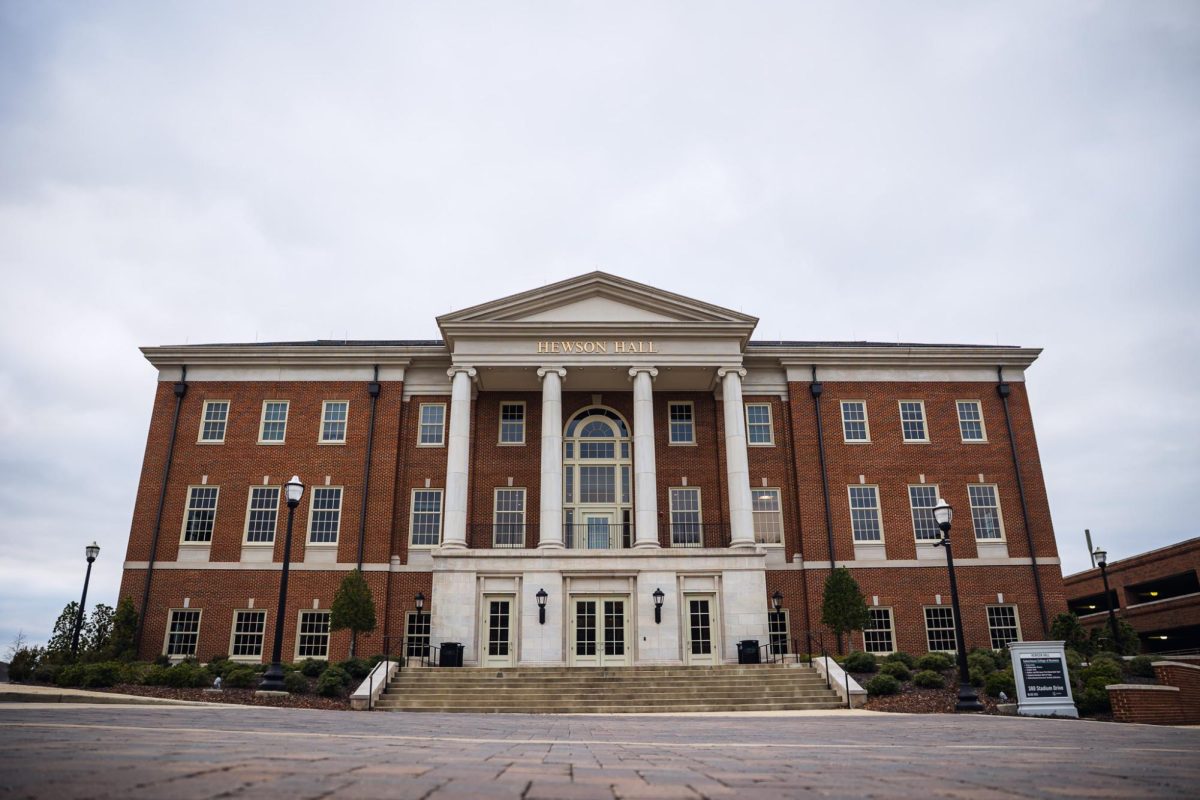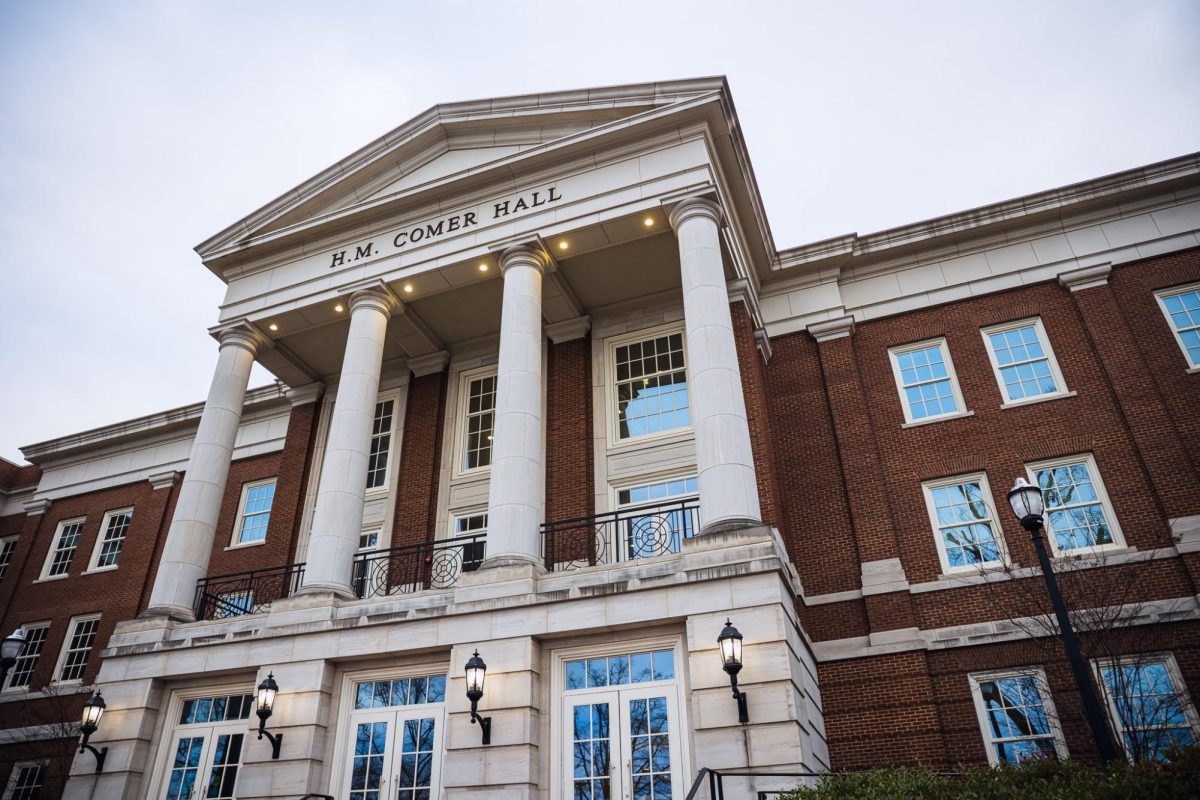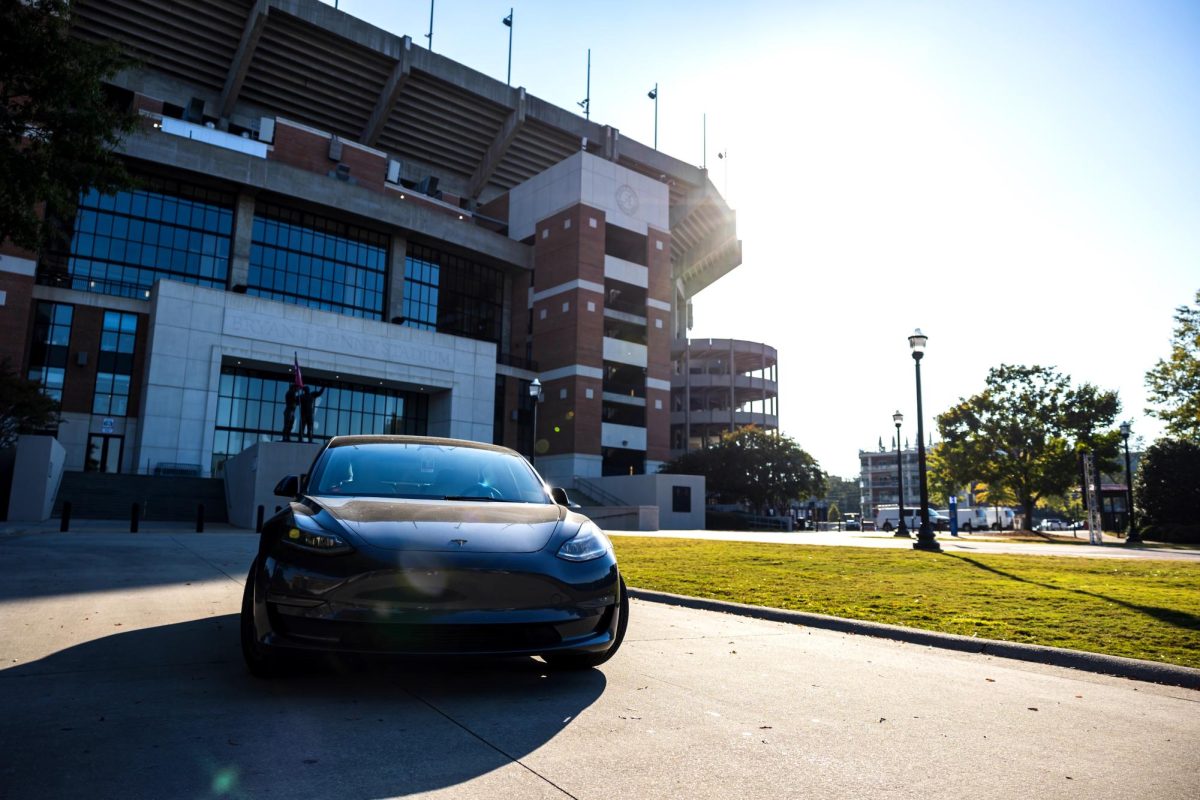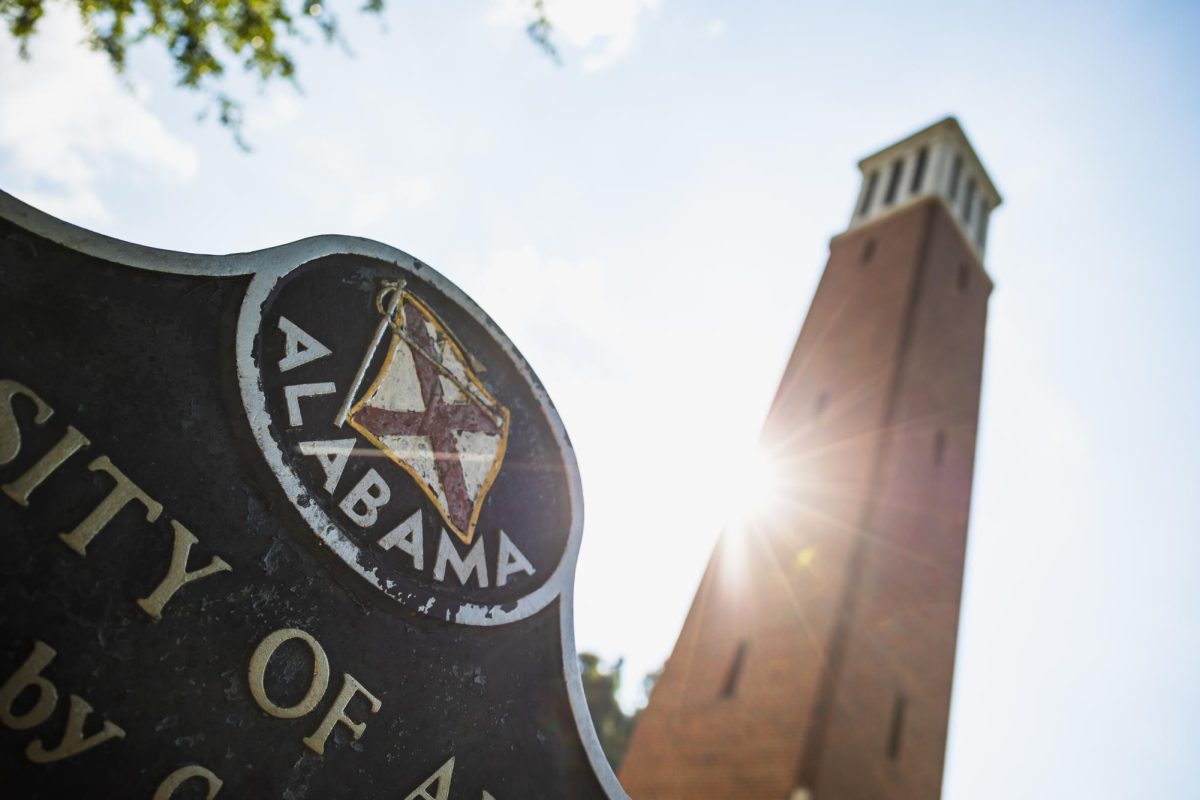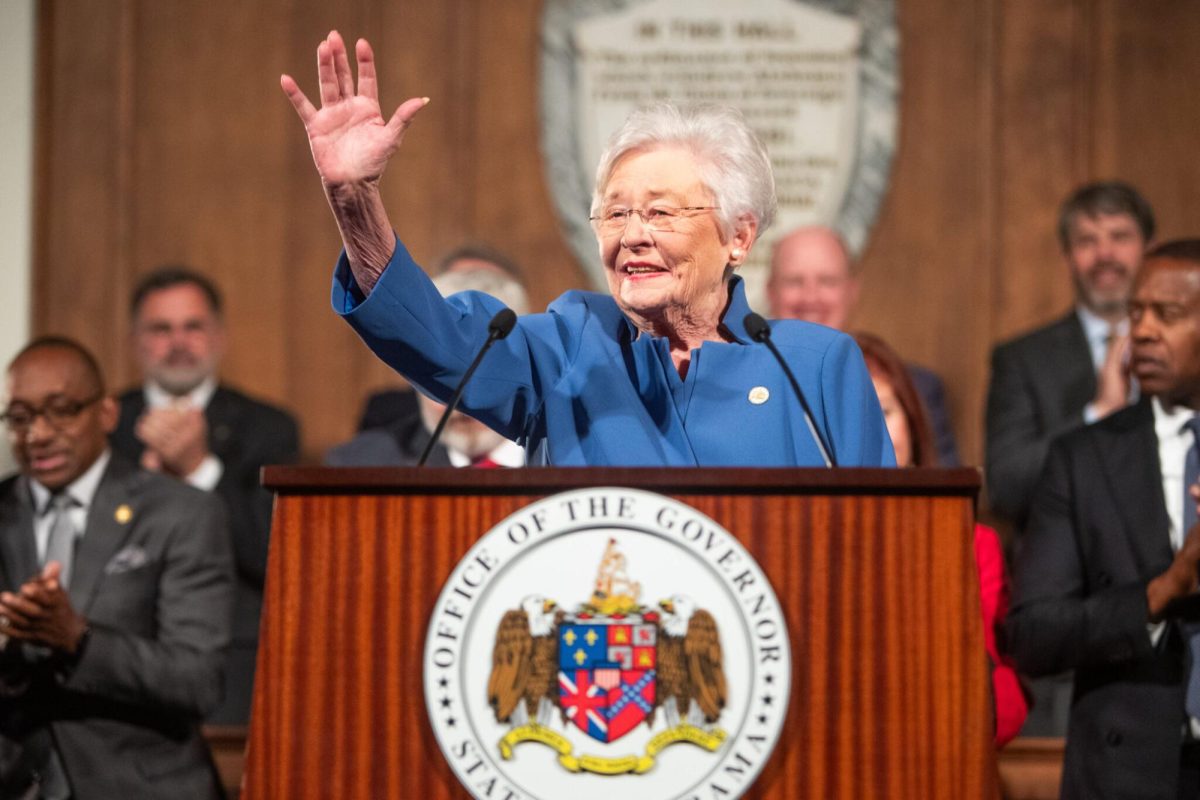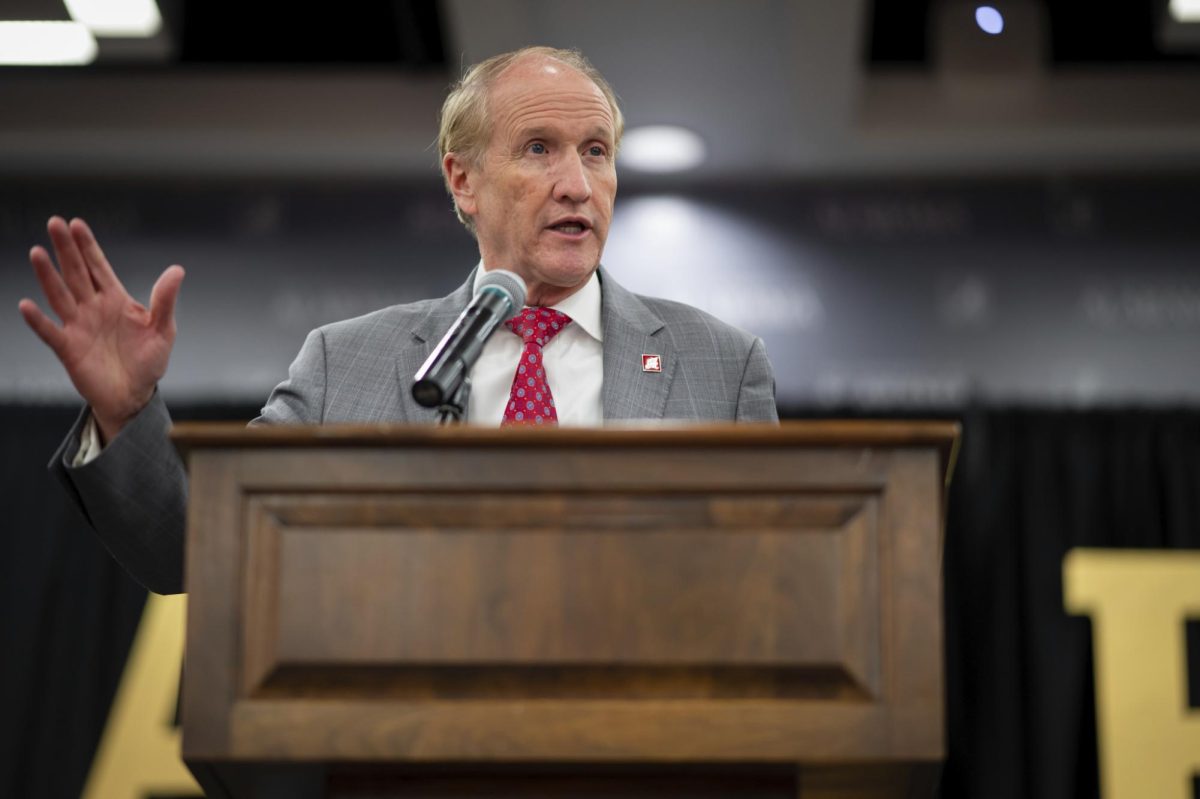In the months following the 2024 presidential election, policies and proposals have coalesced from the Trump administration, including some that have caused alarm across American universities for one particular group: international students.
International students have a long history in the United States, with many nations ascribing high value to a U.S. education. Over the past 20 years the number of students from outside the United States studying at American universities has almost doubled, with the current population of international students standing at a little over 1.1 million, according to Open Doors. With the United States having a total student population of around 18.6 million, foreign students make up approximately 6% of that group, with over 10,000 students specifically residing within Alabama.
F-1 student visas are the most common awarded to international learners. They serve the purpose of acquiring a degree at an accredited institution such as at The University of Alabama, as opposed to J-1 visas for cultural exchange students and M-1 visas for vocational students.
In 2017, under the first Trump Administration, citizens from the Muslim-majority countries of Iran, Libya, Somalia, Sudan, Syria and Yemen were subject to a travel ban that made it difficult for many students to visit their families and return back to the U.S.
In 2020, Trump issued the Proclamation on the Suspension of Entry as Nonimmigrants of Certain Students and Researchers from the People’s Republic of China. This executive order is still on the books, prohibiting the issuing of visas to Chinese students who have previously worked for any facet of the PRC’s civil or military complexes, and it could serve as a blueprint for the administration to expand the list of countries from which students are restricted from originating.
Many international students fear what the incoming administration will bring. Daeheon Jegal, a Ph.D. student from South Korea, said his main concern was that he “didn’t know what Trump would say” surrounding changes to visas, but that he wasn’t aware of any previous shifts to international student policies under Trump.
Another Trump proposal is to automatically give green cards to graduates of two- and four-year universities, which would allow international students to reside permanently in the U.S. Jegal also had mixed opinions on the policy.
“Personally, if I just think about my interests, I prefer it, I like it, if I can just graduate and get [a] green card,” he said. “But, [as a] political science student, they already did this in Canada. And they rejected it a few years later because of the immigrants.”
Beyond just major research universities being centers of international learners, Jegal said that he could see universities giving out degrees to international students so long as they pay tuition, turning smaller struggling colleges into citizenship mills. One recent study by the Council of Ontario’s Universities showed that the restrictions to international students accounted for over a billion dollars in losses for those universities, demonstrating the potential runaway effect if such a policy was implemented and later repealed.
Additionally, the first Trump administration altered requirements for high-skill job visas, or H-1B visas, making them harder to acquire for foreign nationals seeking to work in the U.S., whether after graduation or otherwise. International students who graduate with a degree from a U.S. college are eligible for a pool of 20,000 visas, while all other foreign nationals are capped at 65,000 annually.
During the Trump administration, rejections of H1-Bs reached a high of 24% in 2018 compared to the 2% rate in 2022 under the Biden administration, according to the National Foundation for American Policy, which has prompted some to preemptively renew their visas under the Biden-era regulations.
Arun Niddish, an Indian Ph.D. student studying mechanical engineering, isn’t as concerned. “I mean, it might sound unfair to international students, but we are immigrants,” Niddish said. “Trump prioritizes his own people, which is good. That’s how it should be. There’s nothing wrong with that.”
But Trump also has voiced support for increasing the cap, or even removing it altogether, which some attribute to his increasing ties to the tech industry, where many H1-B holders work. Elon Musk, Trump’s pick to run the Department of Government Efficiency and the world’s richest man, has become especially prominent in publicly defending the benefits of more skilled visa workers.
72% of H1-B visa holders come from India, with the next highest-represented country being China at 12%, according to BBC. Last year the Biden administration piloted a program to allow for visa holders to renew their H1-Bs while continuing to reside within the United States, partnering with India and Canada in an important modernization of the now 35-year-old program.
Annika Dillmann, a German international student who received her master’s in applied behavior analysis from the University of Alabama in Huntsville in December, said that while she’s been a permanent resident of the U.S. for over a decade, and a citizen for over a year, she’s still concerned about her status under the executive order.
“The process has always been debilitating…Even with my step-dad being in the military, it was a very long, intensive, expensive process, and I think that these messages of tightening up on these immigration policies is really questionable. I can only imagine how much harder it is for other people.”
“When you finally get a visa that doesn’t even grant you any entry to the U.S., you only get to the airport. So it’s already such a lengthy and rigorous process that it is a little questionable, and it’s a little scary.”
In light of these proposals, many universities — including Cornell University and the University of Southern California — anticipated a bevy of changes and upheaval, and they had recommended students return before Trump’s inauguration on Jan. 20. While the International Student and Scholarship Services Center on campus sends out newsletters advising students on how to renew visas, obtain signatures for out of country travel or update their address, they gave no special notice regarding how the new Trump administration could impact students.
“International students already have fears from the first Trump administration,” Jegal said. “Right now things are stable, but who knows?”




